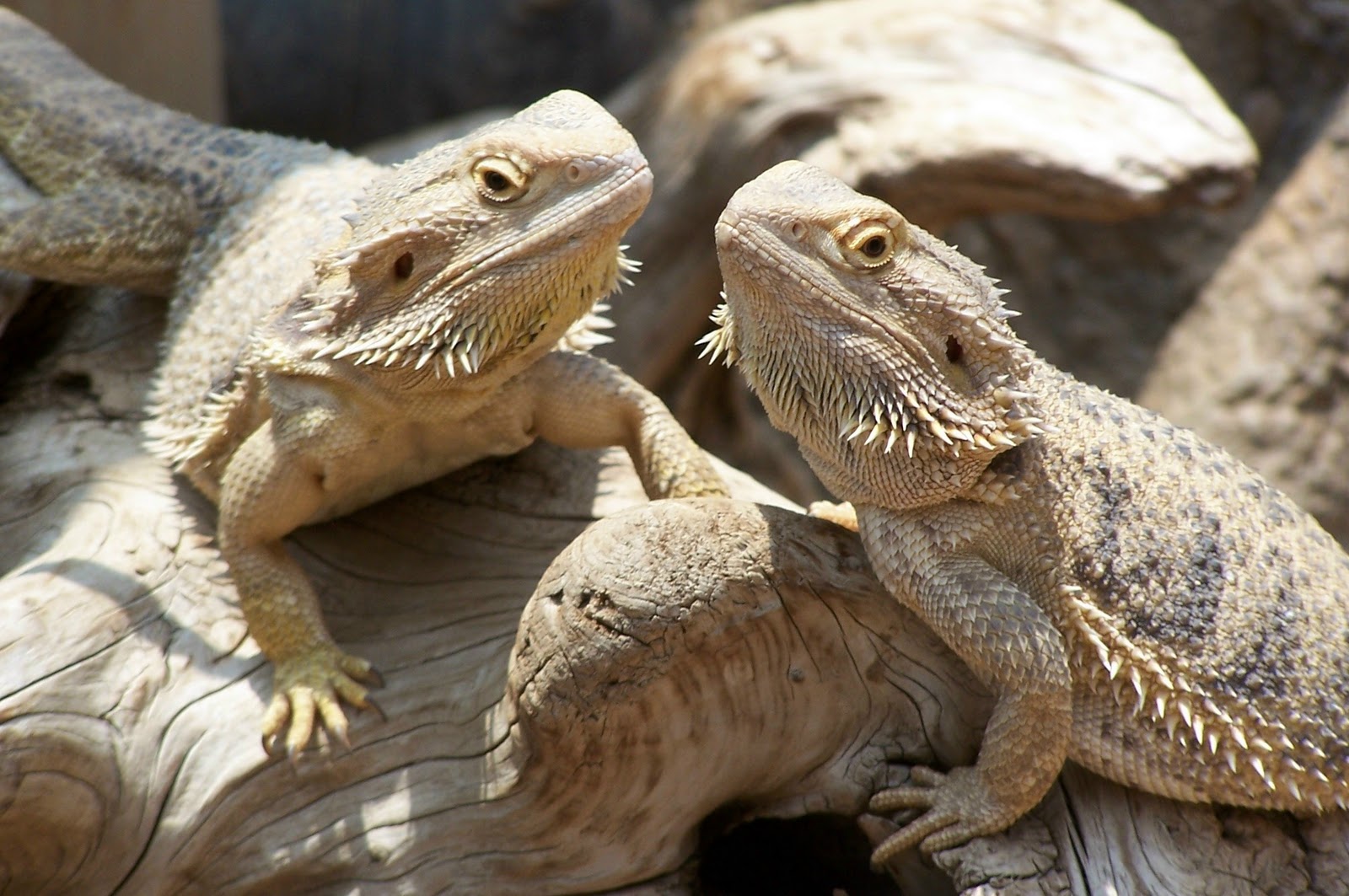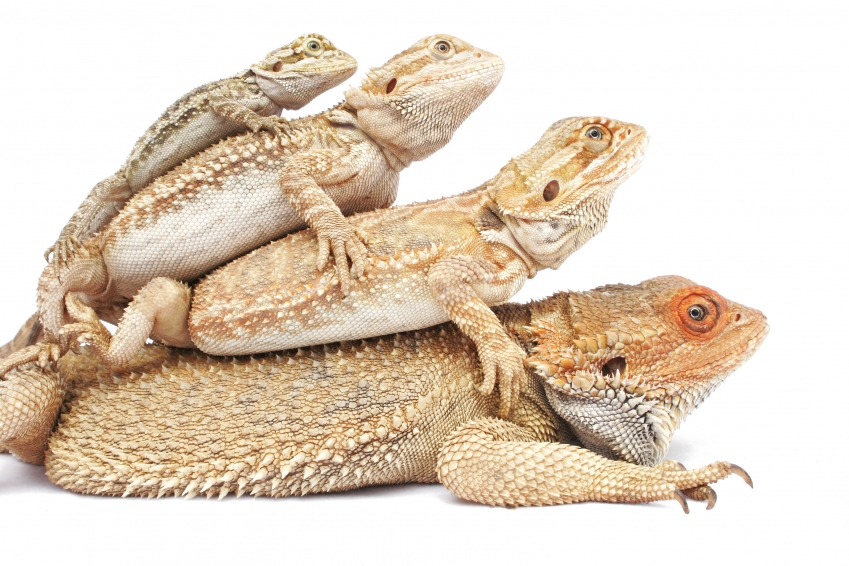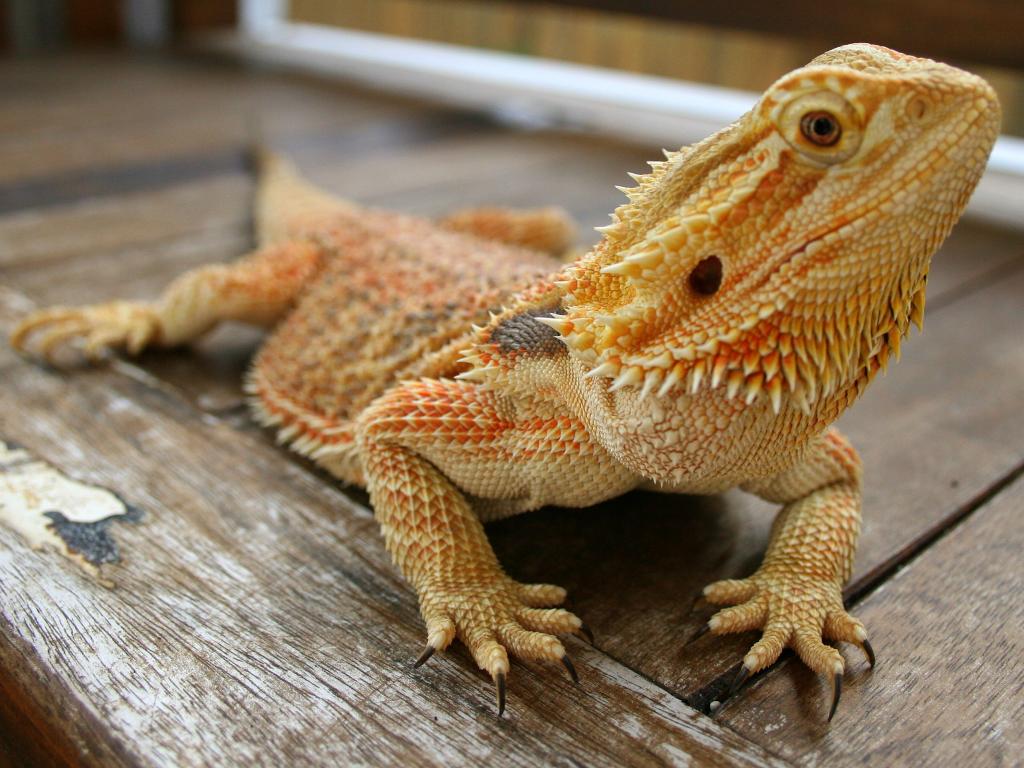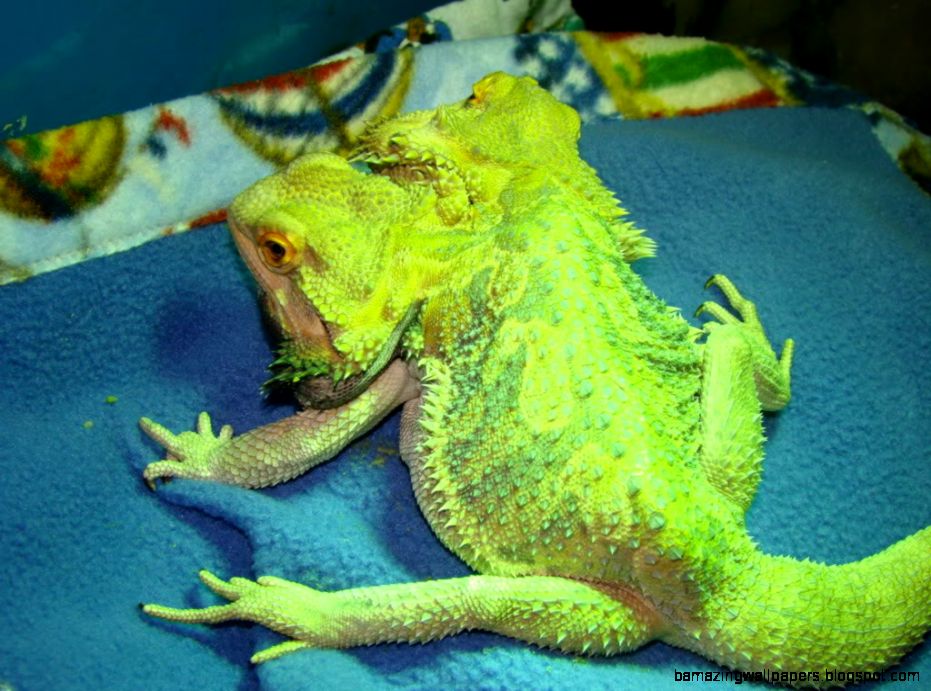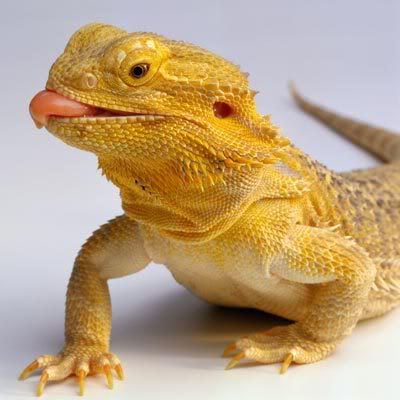Bearded Dragon Chirping: Everything You Need to Know
Bearded Dragon Chirping: What is it?
If you’re a proud owner of a bearded dragon, you know how adorable and fascinating these creatures can be. They make for excellent pets, and their unique personalities make them an enjoyable addition to any household. One of the many interesting things about bearded dragons is their ability to chirp.
Although it may not be as common as other reptile sounds, bearded dragons do make noise. Chirping is a noise that bearded dragons make, and it can be an expression of several different things. As a beginner, it’s essential to understand what chirping means and why your pet may chirp.
Why Do Bearded Dragons Chirp?
Bearded dragons may chirp for various reasons. Below are some of the common reasons why your pet may chirp:
- Feeling threatened: When bearded dragons feel threatened or in danger, they may chirp. This chirping can serve as a warning or a way to intimidate a potential threat.
- Communication: Bearded dragons may chirp as a way of communicating with other bearded dragons. This communication can range from courtship to territory.
- Excitement: Bearded dragons are active creatures and may chirp when they’re excited or stimulated by something.
- Hunger: Bearded dragons can chirp when they’re hungry as a way of getting their owner’s attention.
- Health Problems: In some cases, bearded dragons may chirp as a sign of respiratory issues.
How to Tell if Your Bearded Dragon is Chirping
Bearded dragons chirp through a rapid expansion and contraction of their throat. Chirping is often brief and high-pitched, and it’s effortless to mistake for another sound. The easiest way to tell if your bearded dragon is chirping is to discern the difference between chirping and other sounds. A chirping sound is similar to bird chirping, but it’s higher pitched and has a more rhythmic pattern.
What to Do if Your Bearded Dragon is Chirping
If you’re a new bearded dragon owner and notice that your pet is chirping, it’s essential to understand why they’re chirping. As we mentioned earlier, they may be communicating, feeling threatened, or experiencing health problems. Below are some things you can do if your bearded dragon is chirping:
- Observe your bearded dragon’s behavior to try and understand what’s causing the chirping.
- Ensure that your bearded dragon’s enclosure is clean, heated, and adequately humidity. This will ensure your pet is healthy and less likely to experience health issues.
- Encourage regular veterinarian check-ups to ensure that your pet is in good health.
- If you’re unable to identify what’s causing the chirping, consider consulting with a veterinarian specializing in reptiles.
Conclusion
In conclusion, chirping in bearded dragons is a unique behavior that can communicate a variety of things. As a beginner, it’s essential to understand what chirping means and to observe your pet’s behavior regularly to ensure they’re healthy and happy. With the proper care, bearded dragons can live long, healthy lives and bring joy to their owners.
